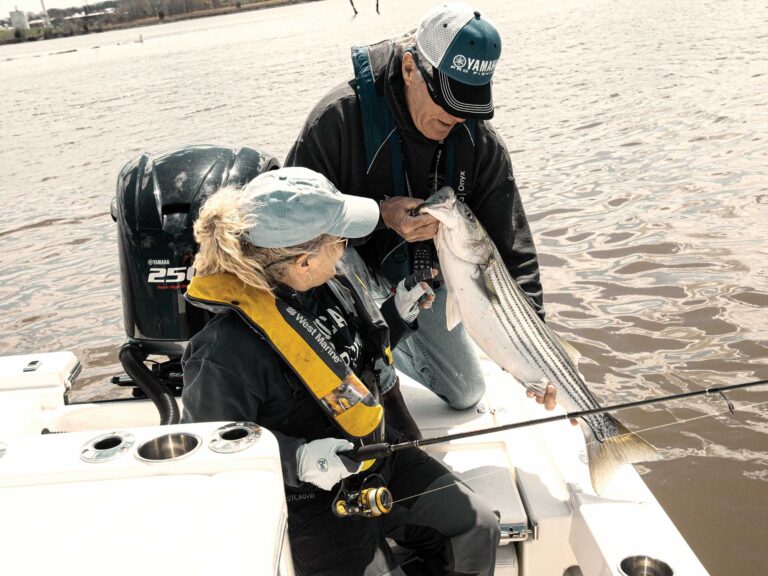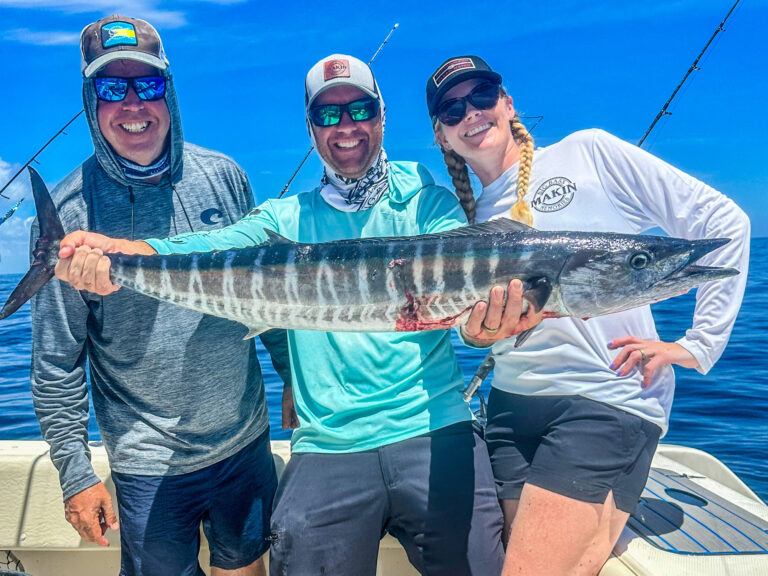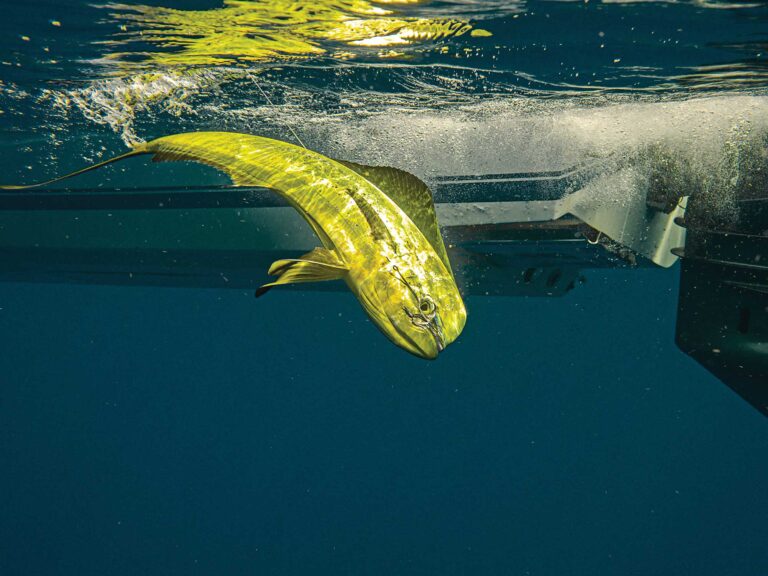HOUSTON, TX -An impressive array of the major marine industry, recreational angling and environmental groups co-signed an October 22 letter to Dr. Jane Lubchenco, administrator of the National Atmospheric and Ocean Administration (NOAA), calling for reform of recreational angling data collection by the federal government.
“This is the first time in history that the five largest ocean environmental groups and the seven most significant marine recreational groups have come together to push a solution to a fisheries problem. All these groups deserve credit for seeing the significance of the issue and agreeing to work toward fixing it,” said Robert G. Hayes, general counsel for Coastal Conservation Association (CCA).
The issue of recreational angling data collection has taken on greater significance due to the requirements of the revised Magnuson-Stevens Fishery Conservation and Management Act (MSA). Those revisions require an end to overfishing by a time certain through the establishment of annual catch limits and the development of enforceable accountability measures. However, current data collection efforts fail to provide the data necessary to effectively implement those requirements and the result on the water has been shortened seasons, reduced bag limits and increased size limits.
“Closing down fishery after fishery for recreational anglers was not what Congress had in mind when it reauthorized the Magnuson-Stevens Act in 2006,” said Matt Paxton, CCA federal lobbyist. “There were many critically important conservation measures included in the reauthorization of MSA, but they are all dependent on a functioning, timely data collection system to work as intended. Without it, there is great risk that calls by some sectors to gut MSA will gain traction, and no one with a long-term commitment to healthy marine resources wants that.”
The 12 groups signed on the letter agreed that recreational anglers are not at fault for exceeding fishing quotas in some fisheries and acknowledged that anglers generally adhere to bag, season and size limits. The problem lies with the tools the federal government is using to monitor recreational catch.
“One way to avoid this never-ending spiral of further restrictions is to put in place a data collection system that makes the timely collection and analysis of recreational catch data a priority so that managers are able to take action before quotas are exceeded,” the letter states.
“The groups that signed on this letter do not always see eye-to-eye, but the fact that we are able to come together on recreational data collection shows the significance of this problem and the need for a real solution,” said Patrick Murray, president of CCA.
The groups urge NOAA to develop and fund a system to manage the recreational sector in compliance with the Magnuson-Stevens Act, and that such an effort be included in the President’s 2011 budget.









